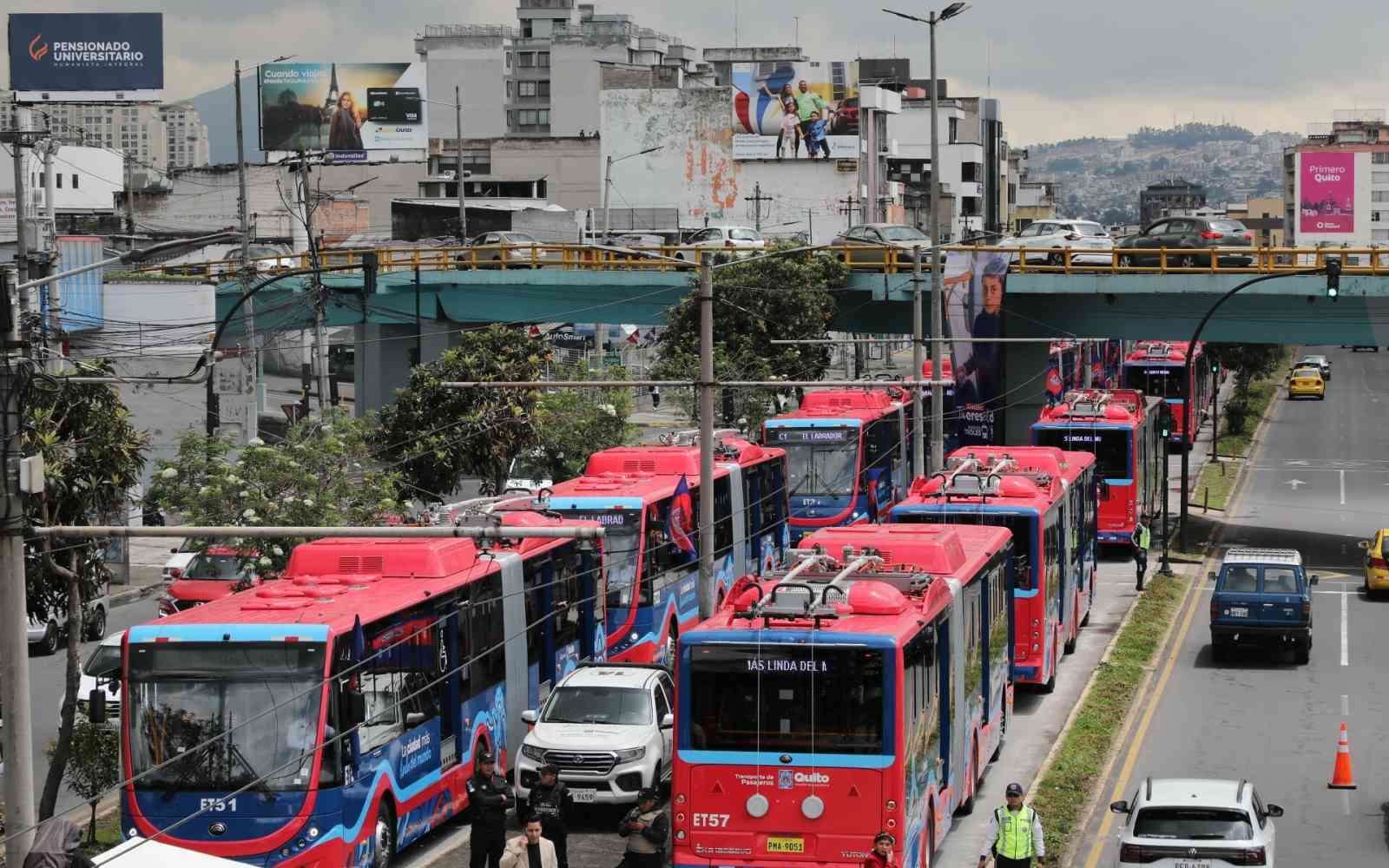The United Nations Office for Project Services (UNOPS)
Measure, Reduce, Offset
UNOPS marks another milestone towards its long-term climate goals and announces full climate neutrality for its 2015 operations.
Former UN Secretary General Ban Ki-moon called on the UN to tackle climate change by measuring, reducing and offsetting emissions that cannot be reduced.
UNOPS has made a firm commitment to excel in this effort.
In 2015, UNOPS operations emitted just under 16,753 tonnes of CO2 equivalent, the common unit for describing greenhouse gas emissions. The organization has been publicly reporting on its global emissions since 2010.
To help reduce emissions, UNOPS is using its ISO 14001 certified Environmental Management System to promote the progressive reduction of CO2 emissions from its activities. Pilots in a number of UNOPS offices have successfully demonstrated the potential emission reductions that can be delivered.
Since 2013, the organization has pledged to offset its emissions using quality credits from the Clean Development Mechanism under the Kyoto Protocol. These credits are known as Certified Emission Reductions (CERs), a market-based mechanism to ensure that the most cost-effective emission reduction measures in developing countries are prioritised.
This year, UNOPS has sourced CERs that also carry the Gold Standard certification. The Gold Standard is the most stringent standard for carbon offsets, ensuring that climate finance delivers both emission reductions and long-term sustainable development outcomes.
"We're impressed at the commitment to sustainable development that UNOPS has demonstrated by choosing 100% Gold Standard certified emission reductions," said Gold Standard CEO, Marion Verles.
"Tasked with setting the global climate and development agendas, the UN is leading by example in showing how deeply the two are interconnected – not only in principle, but in practice."
Two projects have directly benefited from UNOPS support.
In addition to the distribution of solar cookers in the Danjiang River area, a wind project in China's Hebei province is providing clean electricity for 70,000 households.













